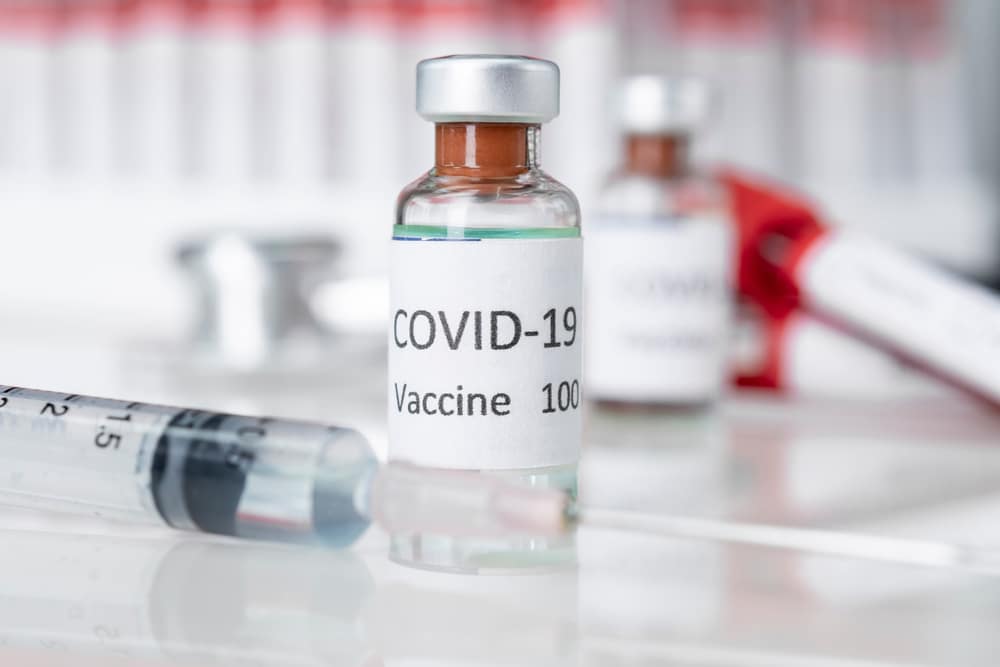In part one of this two-part blog series, we went over some basics on how employers should be navigating the upcoming COVID-19 vaccine landscape. Specifically, can employers require the COVID-19 vaccine for employees who work in close proximity with others? Can employers face liability suits or related risks if they allow non-vaccinated individuals to work alongside potentially at-risk people?
At WTA Inc., we’re happy to help with a variety of these and other HR needs, from employer liability management services to hiring, payroll services, worker’s compensation and many other areas. While part one of our series mostly went over the normal approach to vaccines during public health issues, today’s will focus on certain laws and regulations specific to the COVID-19 vaccine situation many employers will be entering in the near future.
2009 EEOC Guidance
In 2009, the US Employment Opportunity Commission (EEOC) issued guidance known as the Pandemic Preparedness in the Workplace and the Americans with Disabilities Act. These sets of guidelines contained several specific areas, but the ones pertinent to this conversation surround potential pandemics.
Specifically, both the ADA and Title VII prevent employers from compelling employees to be vaccinated for influenza regardless of their medical condition or medical beliefs. This prevention even extends to pandemic situations.
2020 EEOC Changes
In March of 2020, however, during the current COVID-19 pandemic, the EEOC updated its Pandemic Preparedness for the Workplace guidelines. They stated a few things here:
- The EEOC stated that the COVID-19 pandemic met the ADA’s “direct threat standard,” which allows for more extensive medical inquiries in the workplace than the areas we went over above would have allowed. That is, having someone in the workplace with COVID-19 or its symptoms creates a “significant risk of substantial harm” to others in the workplace.
- As a result of the above, employers have been able to put medical testing in place in the workplace that would not otherwise have been acceptable, such as temperature testing.
- In addition, the EEOC noted that during March, no vaccine was available for COVID-19 – now that such a vaccine is available, many expect the EEOC to further update these guidelines for mandatory vaccinations. Until then, employers should follow present guidance for any vaccine plans.
State Laws
Finally, employers must follow any state law that’s more stringent than federal law when it comes to employee regulations. The Centers for Disease Control and Prevention keep a list of various vaccination laws throughout states that helps employers understand exactly how they may have to alter their program here, specifically for laws related to healthcare workers and educational requirements.
For more on employers and mandatory COVID-19 vaccination, or to learn about any of our human resource services, speak to the staff at WTA Inc today.


